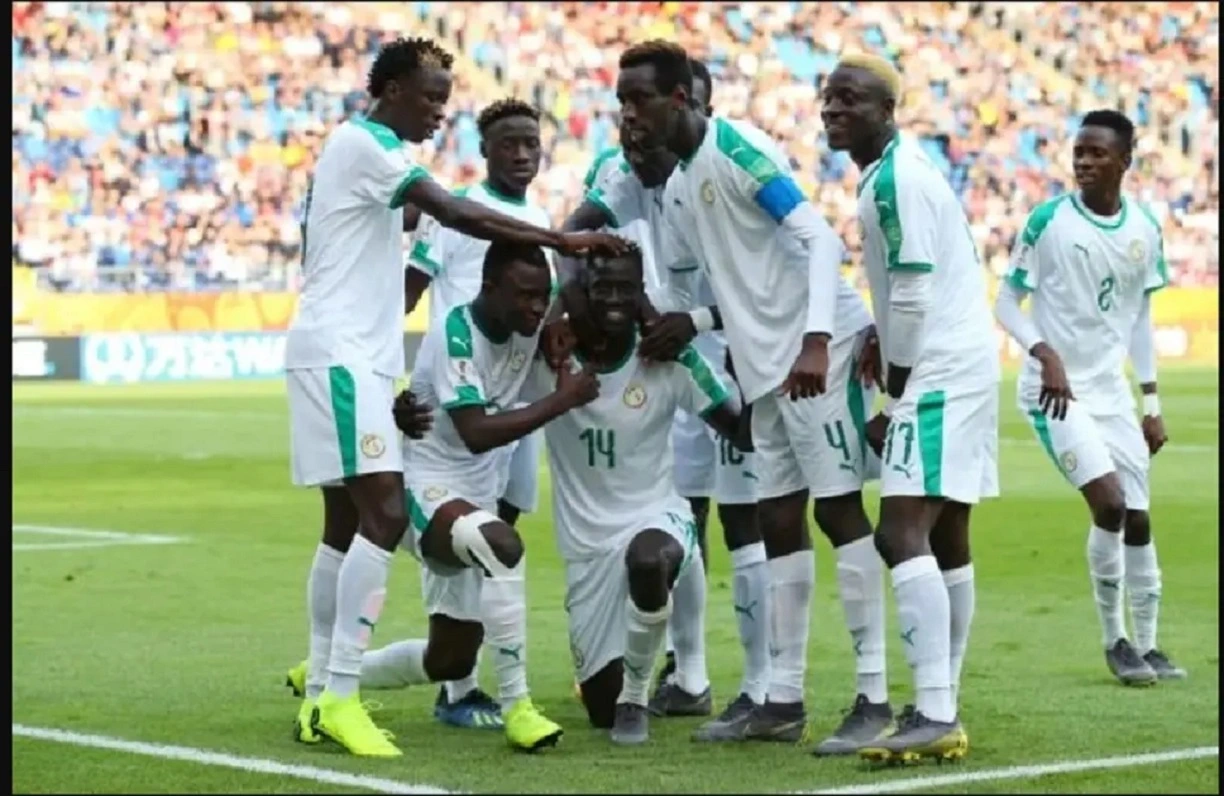England 1-3 Senegal: The Lions of Teranga topple the Three Lions
At Nottingham’s City Ground, Senegal achieved a remarkable feat by defeating England 3-1. A historic success, as no African team had ever beaten the Three Lions.

Yet, nothing suggested such a scenario. The match’s start was dominated by England. In the 7th minute, Harry Kane took advantage of a misunderstanding in the Senegalese box to score, marking his 73rd goal in 107 appearances. At that moment, England seemed on track for a fourth consecutive victory under Thomas Tuchel. But this illusion of control quickly dissipated.
Senegal did not take long to respond. In the 40th minute, Ismaïla Sarr, forgotten by Kyle Walker, emerged in the box and beat Pickford with a precise shot. The equalizer was logical, as the Lions of Teranga had increased their intensity and tightened their lines. At halftime, the English were already in doubt.
After the break, the roles reversed. Sloppy in their passing, the English endured the rise of a more fluid, more committed Senegal. In the 62nd minute, Habib Diarra finished a clear action orchestrated by Kalidou Koulibaly, again decisive. The lead was secured.
Jude Bellingham briefly thought he was reinvigorating his team, but his goal was canceled after a VAR review showed a handball by Levi Colwill earlier in the play. The blow was harsh. England wavered, and Senegal capitalized. On a counter-attack led by the young star Lamine Camara, Cheikh Sabaly scored the third goal, sealing the fate of the match.
In the stands, whistles were heard. Fans expressed their bewilderment at a soulless team. Thomas Tuchel, who advocated for a “free and happy” style of play, now faces a burning question: how to restore coherence to a still fragile group?
In contrast, Senegal confirmed its impressive momentum. Undefeated in 23 matches across all competitions, Pape Thiaw’s men demonstrated tactical mastery, defensive solidity, and relentless efficiency. More than a victory, it was a demonstration.


Comments